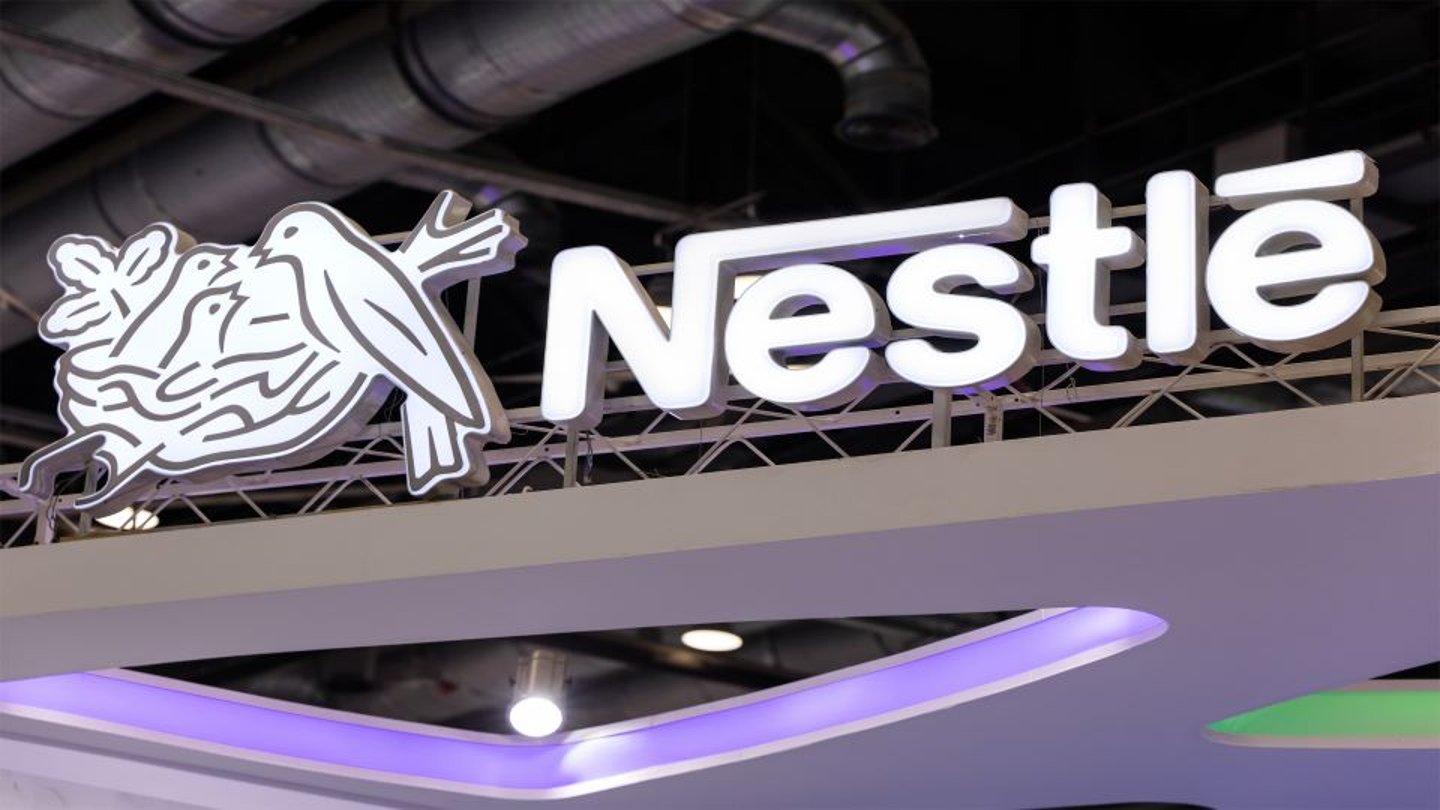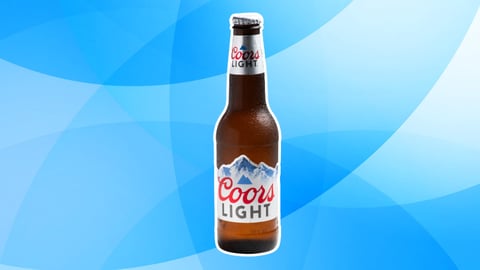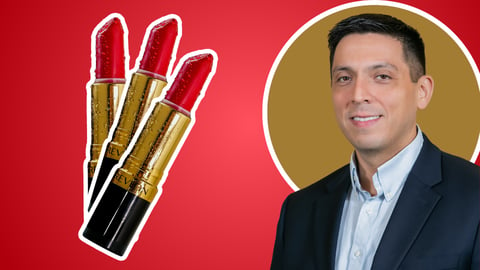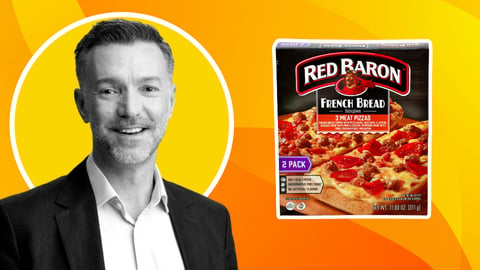Expansion is Brewing: Nestlé to Acquire Seattle’s Best Coffee From Starbucks
As part of Nestlé’s strategy to drive sustained profitable growth in the coffee category, the brand will be acquiring Seattle’s Best Coffee from Starbucks.
The deal will bring the line of whole bean, roast, and ground packaged coffee, as well as K-Cup pods under the Nestlé umbrella, expanding its North America coffee portfolio. The company already features a roster of well-known coffee brands, including Nescafé, Nespresso, and Blue Bottle.
Nestlé works closely alongside Starbucks via the Global Coffee alliance, founded in 2018 and through which the brands develop new products and go-to-market strategies. Under this partnership, Nestlé distributes Starbucks packaged coffees across more than 80 markets outside Starbucks retail stores. This relationship will continue following the acquisition, expected to close by end of year.
At this time, details of the acquisition remain confidential.
[Read more: Nestlé’s Pablo Nill to Uncover Strategies for Elevated Customer Experiences]
"Our partnership with Starbucks has confirmed Nestlé's leading position in the dynamic and growing global coffee market," said David Rennie, head of Nestlé coffee brands, in a statement. "With the well-known Seattle's Best Coffee brand, we will continue to build our leadership in coffee by offering consumers more choice for their everyday coffee."
Michael Conway, group president, Starbucks international and channel development, stated the company continues to deepen its partnership with Nestlé “to deliver the best of the Starbucks experience to our customers in channels outside of our retail stores.”
"We're confident that Nestlé will continue to grow the Seattle's Best Coffee brand as we focus on our strategy to elevate the premium coffee experience for consumers through the Starbucks brand," Conway added.
Nestlé continues to push for growth across several categories. For example, earlier this year, the brand expanded further into the health and wellness category by purchasing a majority stake in Orgain, a manufacturer of plant-based protein powders, drinks, bars, supplements and other products.
In order to support sustained growth, the company announced plans to restructure last year, reconfiguring its market regions to strengthen operations, particularly in its top two markets of North America and Greater China.
Editor's Take
While the industry sees its fair share of acquisitions and mergers, Nestlé’s move presents a unique opportunity within the consumer goods space.
As the Starbucks and Nestlé relationship grows ever-more complex, we can expect to see a continued shift in siloed brands co-existing and leveraging each other’s network without diluting their own presence – particularly as CPG brands solidify their DTC presence while still recognizing the power of retailer-CPG relationships.
In this instance, where supply chains are intertwined through the Global Coffee alliance, it will be interesting to see how the brands dual leverage technologies to improve distribution and related processes ahead of future acquisitions, innovations, and their continued partnership.
Starbucks is no stranger to change. In the past year, the company has made massive leadership changes, pivoted to digital experiences amid the shift away from sit-down coffee, and is slowly redefining what loyalty looks like.
Will Nestlé have a similar enterprise-wide growth journey as it pushes further into the coffee category?







